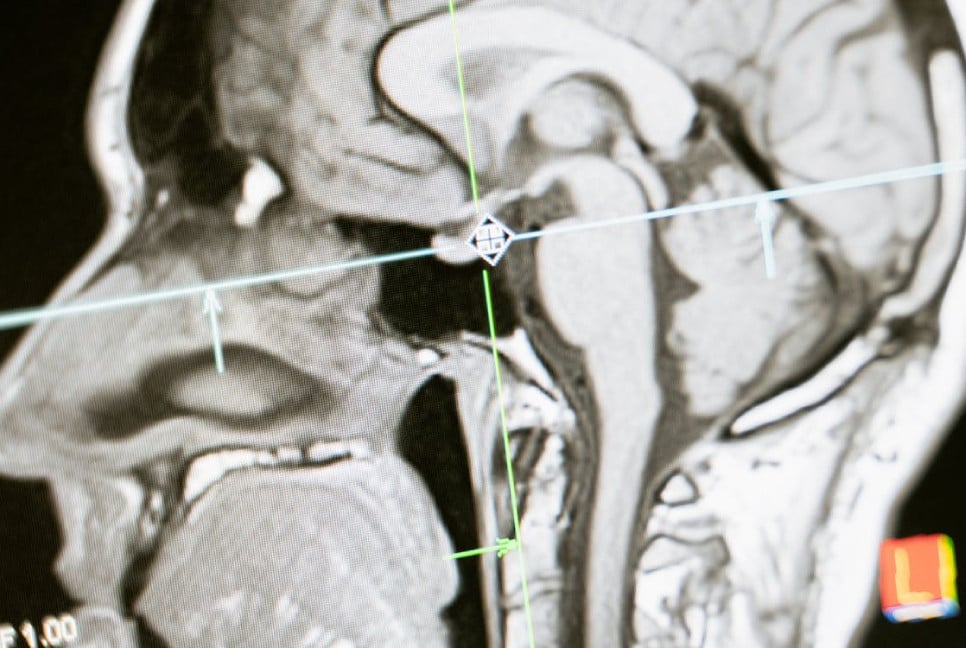A single sleepless night can significantly impact the immune system, leading to increased inflammation and a higher risk of chronic diseases. The study conducted by scientists at Kuwait's Dasman Diabetes Institute, published in The Journal of Immunology, sheds light on the specific mechanisms behind this phenomenon.
What the study found
The study reveals alarming insights into the effects of sleep deprivation on the immune system. One key takeaway is that sleep deprivation triggers an increase in nonclassical monocytes (NCMs), immune cells that amplify inflammation.
Another is that it leads to inflammation regardless of weight, as these changes occur regardless of a person's weight, suggesting that even lean, healthy individuals may face inflammatory consequences from poor sleep.
Additionally, sleep deprivation disrupts the balance between pro-inflammatory and anti-inflammatory immune responses, leading to a dominant pro-inflammatory state.
How were samples for the research collected? The research team recruited 237 healthy Kuwaiti adults across a spectrum of body weights and carefully monitored their sleep patterns using advanced wearable activity trackers.
Implications: Why the findings matter
Though previous research established connections between obesity and poor sleep, this new study goes further by identifying specific immune mechanisms that may explain how sleep disruption contributes to chronic inflammatory conditions.
“Our findings underscore a growing public health challenge. Advancements in technology, prolonged screen time, and shifting societal norms are increasingly disruptive to regular sleeping hours. This disruption in sleep has profound implications for immune health and overall well-being,” said Dr Fatema Al-Rashed, who led the study, in a statement.
The implications of a sleepless night – from chronic disease risk and immune system vulnerability to cognitive and mood impairment – highlighted how we need to take proactive steps to prioritise sleep and mitigate the risks associated with poor sleep.
The study found that repeated sleep deprivation may increase the risk of chronic diseases, including cardiovascular disease, diabetes, and obesity. Sleep loss can also make individuals more susceptible to infections, reduce the effectiveness of vaccines, and can impair cognitive function, mood, and overall quality of life.
Source: Hindustan Times
Bd-pratidin English/Fariha Nowshin Chinika


































































